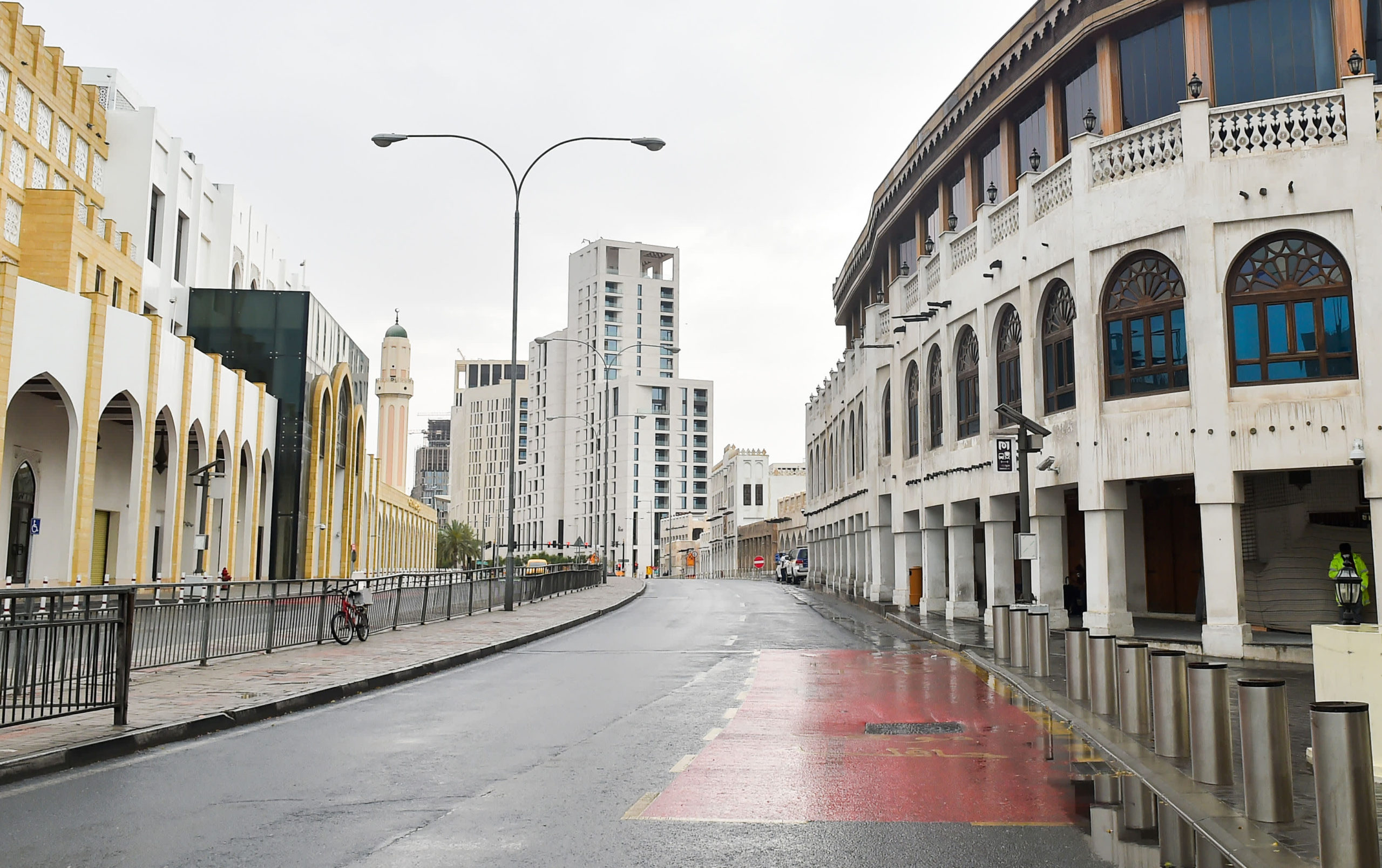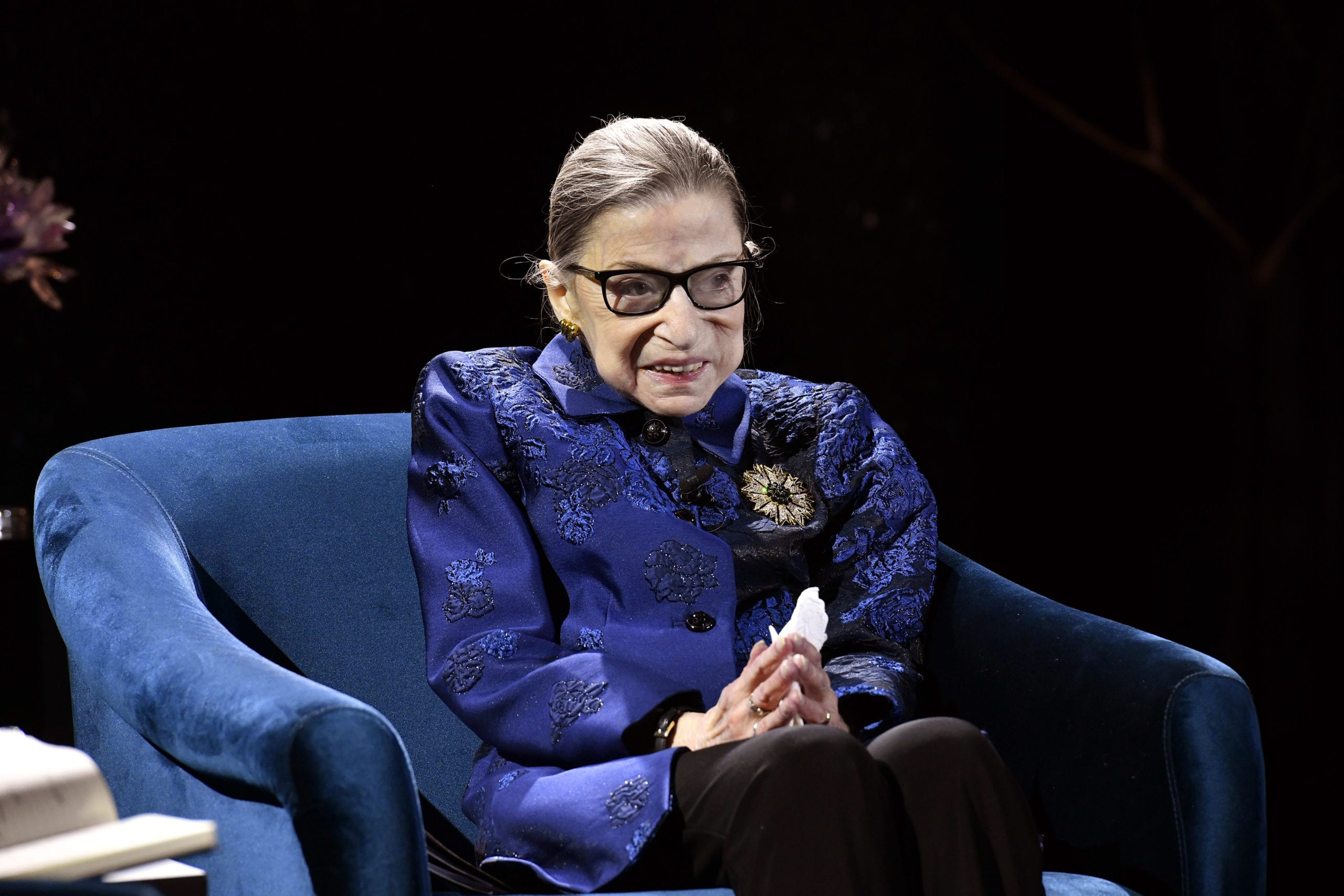[ad_1]
View of an empty street amid the COVID-19 pandemic in Doha, capital of Qatar, on April 13, 2020.
Nikku | Xinhua News Agency via Getty
Countries in the Gulf Cooperation Council are stepping up their use of artificial intelligence tools to halt the spread of the coronavirus pandemic.
Governments throughout the GCC — a group of countries in the Middle East that includes Bahrain, Saudi Arabia, Qatar and the United Arab Emirates — have enacted some of world’s strictest measures, including suspending passenger flights and imposing curfews on citizens to put brakes on the number of new cases of Covid-19 that currently total over 2 million (2,064,115) globally, according to Johns Hopkins University data.
But countries aren’t restricting their efforts to simply imploring their residents to stay locked in and shutting down all but the most essential of businesses.
They are increasingly deploying sophisticated technology to ensure that movement is limited and social distancing is in place through the use of speed cameras, drones and robots.
By applying location-based contact tracing, governments can monitor those who have tested positive for coronavirus, and try to limit their exposure to the population.
AI’s ability to crunch large amounts of data has allowed governments worldwide to collect information to try and stop the pandemic. Contact-tracing has allowed Hong Kong, China and Singapore to monitor cases.
While governments and companies grapple with what could be a controversial violation of privacy issues, many countries have found it to be the key to lifting lockdown measures.
In Bahrain, an application called ‘BeAware’ allows residents to track proximity to someone with Covid-19. The application uses location data to alert individuals in the event they approach an active case.
“BeAware registration is mandatory for those in quarantine, while non-quarantined cases may choose to register,” Mohammed Ali AlQaed, chief executive of Information & eGovernment Authority in Bahrain told CNBC.
Bahrain has reported 1,671 cases according to Hopkins data, and was one of the first to begin easing restrictions, allowing some stores and malls to reopen.
AI can also help businesses work more efficiently throughout the pandemic.
Majed M. Al Tahan, co-founder & MD of Danube Online told CNBC the Saudi-based hypermarket and supermarket chain is using AI to minimize delivery time.
Using ‘aisle-mapping’ technology, packers can locate items in an online customer’s order, which are tracked around stores using an app.
Saudi Arabia extended its curfew indefinitely on Sunday and the country remains in total lockdown. Saudi Arabia has reported the highest number of cases in the GCC—5,862 on Thursday, according to Hopkins data.
A Qatari Government communications spokesperson told CNBC the government is working with the Qatar Computing Research Institute on a diagnostic monitoring app, connected to a ministry of health database that uses computing and geolocation services to help diagnose and track Covid-19 cases. According to Hopkins data, Qatar has reported 3,711 cases of coronavirus to date.
In the United Arab Emirates, the government is using AI to limit the movement of Dubai residents, the UAE’s most densely-populated emirate and home to 3.3 million people.
Dubai police are monitoring permits required by residents leaving their homes in the region’s business hub.
Dubai Police use a program called ‘Oyoon’ which, through a network of cameras in the city uses facial, voice and license plate recognition. The information is fed through a large database and the computer can cross-reference and analyze the data to determine, in this instance, if a resident is employed in a vital sector or in possession of a valid permit.
The United Arab Emirates has reported 5,365 cases of coronavirus, according to Hopkins.
UAE-based healthcare startup Nabta Health will use AI to provide risk and symptom assessments for Covid-19. Co-founder Sophie Smith told CNBC that advanced technologies such as AI, applied machine learning and blockchain could help alleviate the effects of future pandemics.
“When the dust settles, people will look at this pandemic and say ‘we are only as strong as our lowest common denominator, and that’s people with underlying health conditions,'” Smith said. Nabta Health uses AI to diagnose those very conditions.
















